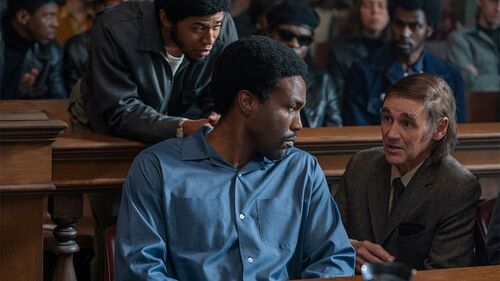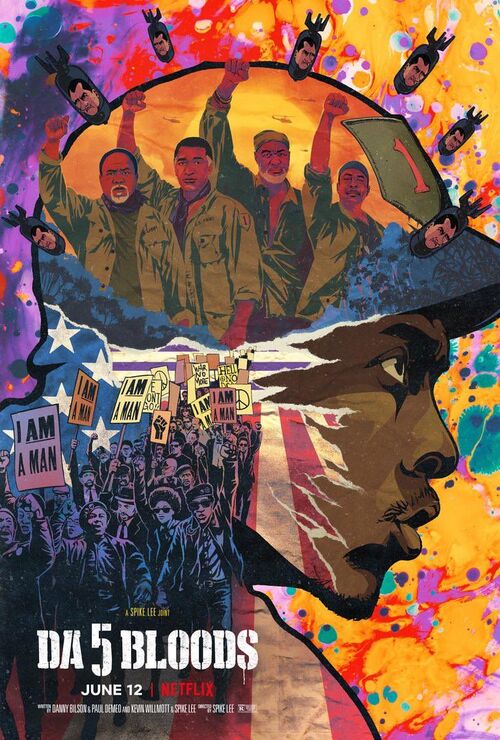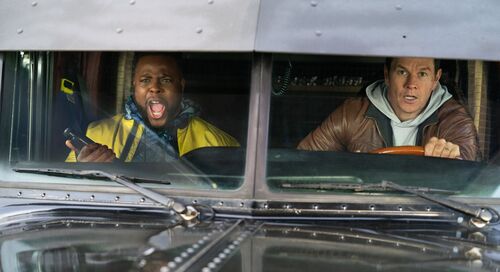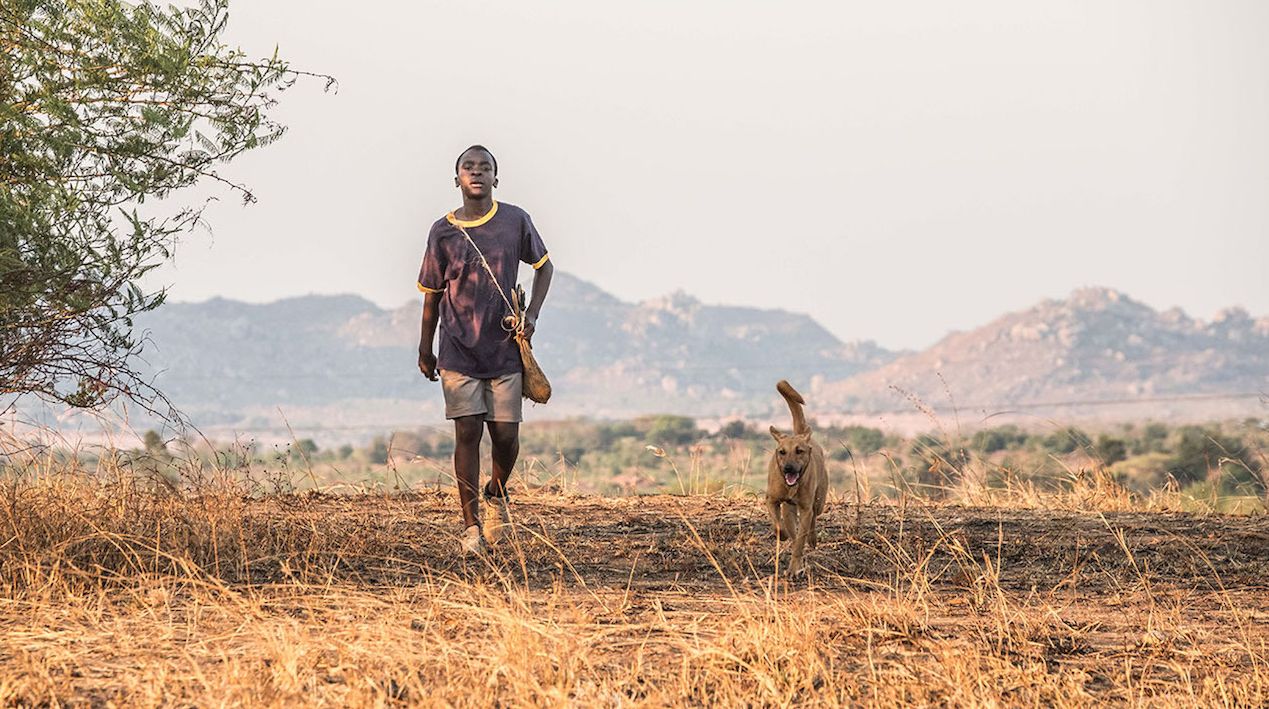
'The Boy Who Harnessed the Wind' review
 “Democracy is like imported cassava. It rots quickly.” This sentiment nods to the underlying decay that forms the poignant subtext of Chiwetel Ejiofor’s feature debut ‘The Boy Who Harnessed the Wind’. Based on a true story, Ejiofor’s project, as expected, does what it says on the can, serving bouts of inspiration and dignity but there is a consideration of detail that elevates this film to a quietly distressing experience for African audiences.
“Democracy is like imported cassava. It rots quickly.” This sentiment nods to the underlying decay that forms the poignant subtext of Chiwetel Ejiofor’s feature debut ‘The Boy Who Harnessed the Wind’. Based on a true story, Ejiofor’s project, as expected, does what it says on the can, serving bouts of inspiration and dignity but there is a consideration of detail that elevates this film to a quietly distressing experience for African audiences.
As hinted at in my opening, there is a strong political layer on which Ejiofor carves the story of young Malawaian teen William Kamkwamba (Maxwell Simba) who constructed a windmill in his small farming village to offset an impending famine in the early oughts. Our director is as interested in what William was saving his people from as much as his feat of engineering. He never divorces the despair from the failure of systems and government that actively work against the people on the fringes that need their protection most.
Having to contend with a single farming season annually, William’s village plays a game of dice with its survival in a good year, as William’s uncle notes to his dad, Trywell (Ejiofor). Farming crops is all they know and the maize harvested is gold to them in every way but actual value. Trywell, flawed and uneducated himself, along with his wife, Agnes (Aïssa Maïga) desire a better future for their kids; one that does not involve plowing ridges.
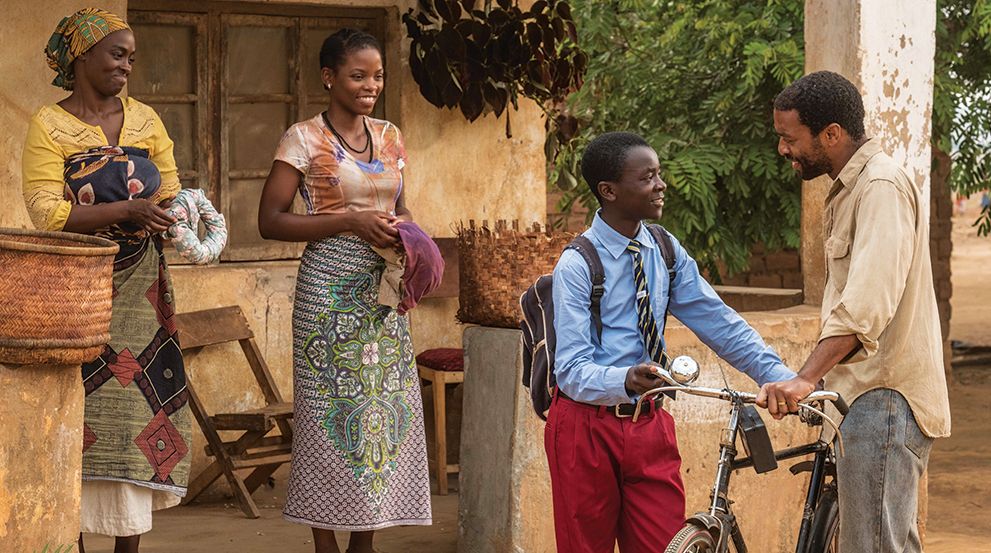
His oldest, Annie (Lily Banda) is done with secondary school and longs to progress to university, though she is tethered to the home in what slowly morphs into an all too familiar picture. Ahead of his first term in secondary school, William already has the makings of a science whizz as he repairs electronics for money and spends time in scrap heaps in search of inspiration for his curious mind.
When the school term begins, he struts with pride to the small local school in his crisp uniform looking to build on his natural gift for scientific improvisation. But an incursion of capitalism leaves the Kamkwambas more vulnerable to the weather than usual in 2001. They have fallen short in their gamble as the ripple effects from fellow farmers who sell their land to lumberers flow to their doorstep.
For William, this means there is no money to pay school fees. Playing out very much like it would in Ghana, the constraints of fathers are visited on their sons in schools. The privilege of never having owed a dime of tuition in my life didn’t spare me from looking into the eyes of kids faulted for their parents’ struggles. The shame dims the glimmer in William's eye for a second as he is kicked out of school. He doesn't stay down too long. Armed with intel on one of his teacher’s secret relationships, he worms his way into the library where builds on the knoledge that will change his life forever.
About 30 minutes into the film, I remember feeling like William was too detached from key events in the film, even if, in hindsight, that would be closer to the truth. It doesn't help that the story starts to lag too. Our young hero is on the periphery of key discussions about land tenure, money and even his own future. But this is necessary for Ejiofor to frame the narrative as a success story in spite of a heartless assault by nature, government and community.
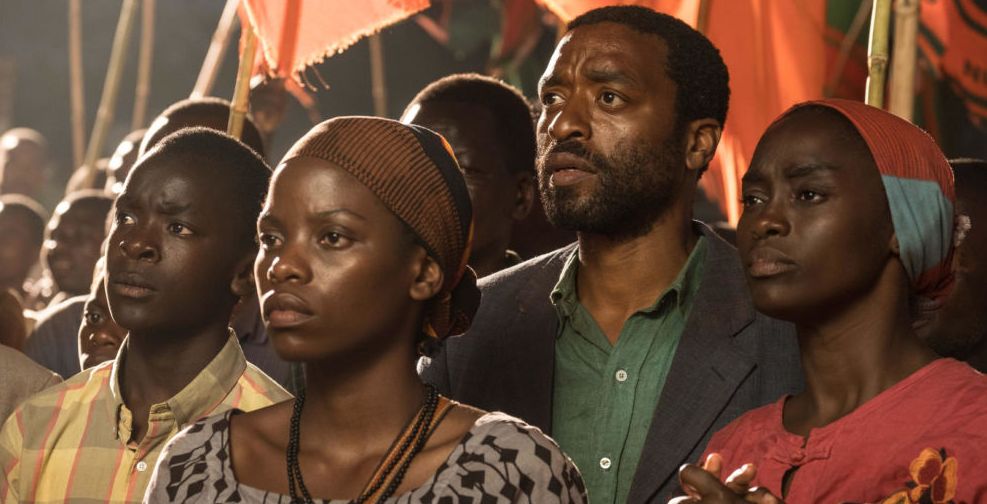
Consider the sequence at a political rally where the village’s chief (played in a pleasant surprise by Joseph Marcell from the ‘Fresh Prince of Bel Aire’) pivots off eye rolling sycophancy to demand food security from the government in the presence of the President ahead of the looming famine. With a gesture from the Head of State, the rally turns chaotic as the state’s callousness leaves its bloody imprint on the suffering community. By the time we get to the heartbreaking moment where Kamkwambas gather one evening under the heavy realisation that they can afford but a meal a day, we know who to hiss with contempt at.
Ejiofor isn’t waxing lyrical about government failure but it's an all too familiar picture that leaves you slowly clenching your fists. The rift it causes, seen in the betrayal of the people’s trust in the state and even themselves as looters run riot, extends to the Kamkwamba household in the final act as Ejiofor infuses emotionally charged moments amid rich interactions that resonate not just because of the preceding restraint but also because they begin to resemble people who I’ve sat in class with, who banter in buses, who live a few hundred metres away.
We have an excellent screenplay here, also from Ejiofor, who nods towards the spirituality of the people with these surreal garnishes embodied by the incongruous masked dancers who grace funerals to help spirits into the afterlife and hover on the vibrantly photographed horizon (by Dick Pope) that adorns the arid setting. There is a vivid authenticity to the performances, helped by the emphasis of the local Chichewa language.
Ejiofor knows a thing or two about overcoming brutal trials after work on '12 Years a Slave'. The abyss of despair he crafts around William isn’t as bleak or lonely as the one Solomon Northup was rescued from. But that doesn't make the journey any easier to bear. This makes William’s eventual rise from the dumps even more of a triumph. In harnessing the wind, William is taming the elements, repairing faith in community and launching a middle finger to a state that failed his people. The windmill he erects is a remarkable altar to science and a totem of resistance in line with the spirit of African cinema.
-
